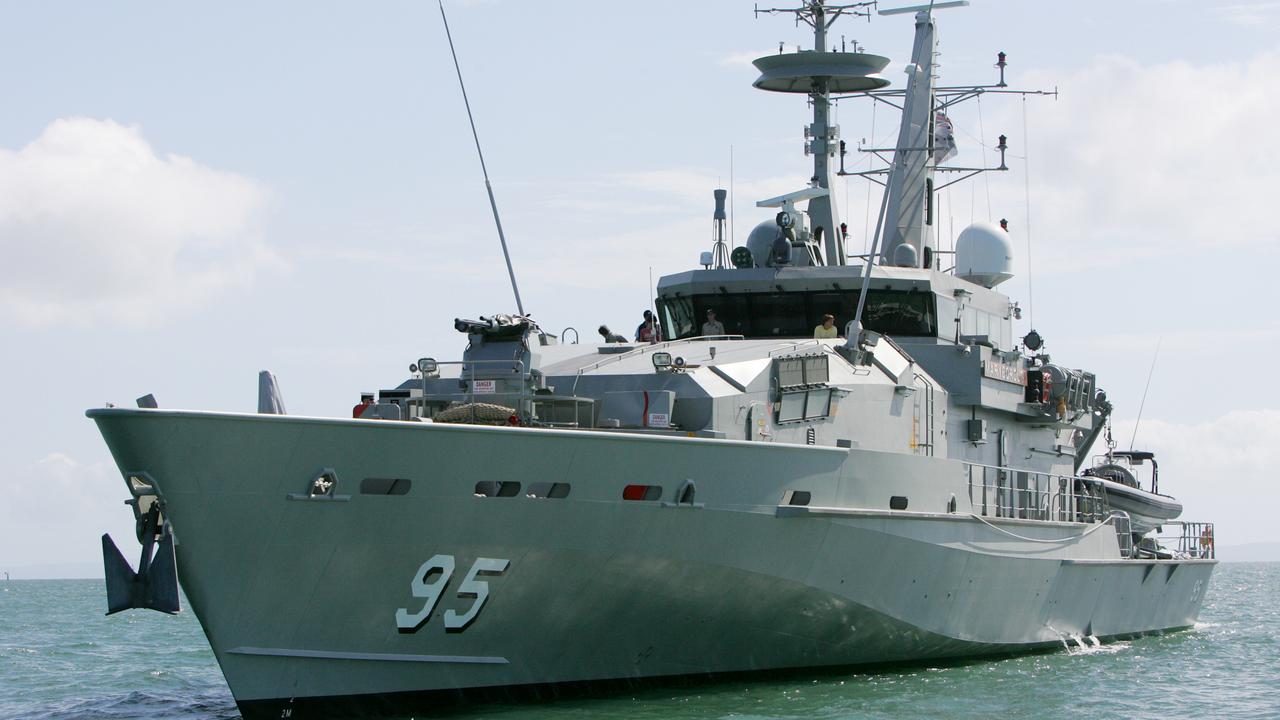ASIO infiltrated by Soviet mole, spy agency history reveals
ASIO was penetrated by at least one Soviet mole in the 1970s and 80s, the spy agency’s new official history reveals.
ASIO’s new official history has admitted for the first time that the spy agency was penetrated by at least one Soviet mole who compromised national security for up to two decades in the 1970s and 80s.
Until now ASIO has been the only Western intelligence agency not to confirm that it was penetrated by the Soviets, despite admissions by the CIA and Britain’s M15 and M16 that the KGB compromised their operations during the Cold War. ASIO’s official history is critical of this secrecy, saying ASIO’s inability to find the moles within and its reluctance to admit publicly to their existence in the decades that followed were an indictment on the agency.
It concludes that the betrayal by the Soviet moles almost certainly caused devastating damage to ASIO at the height of the Cold War, allowing the Soviets to recruit and run agents in Australia for at least 13 years and likely far longer.
“ASIO’s inability to identify the degree and extent of penetration is an indictment,” says the third and final volume of ASIO’s history, The Secrets of the Cold War, to be released today.
“Thousands of hours of covert surveillance aimed at exposing Soviet espionage operations had been for nought because of the penetration of the organisation,” says the history, written by ANU academics John Blaxland and Rhys Crawley.
It says the failure of ASIO to identify and successfully prosecute suspected Soviet moles meant they could retire in Australia without penalty.
“The inconclusive investigations may have allowed possible moles to retire without being prosecuted,” it says.
The book covers the period from 1975 until the fall of the Berlin Wall in 1989, and is the first to officially confirm the long-held suspicions that ASIO was penetrated by the Soviets. ASIO has never named the suspected moles and the definitive government report on the infiltration of ASIO, the 1994 Cook report commissioned by prime minister Paul Keating, has never been released.
The official history says ASIO did not devote enough resources to rooting out traitors. “The organisation responsible for Australia’s internal security was not taking its own security seriously enough,” it says. It adds that from the arrival in Canberra of Soviet spy Pavlovich Lazovik in 1971 until the departure of KGB resident Lev Koshlyakov in the mid 1980s, the KGB ran agents almost at will. “The picture that forms of this is of consecutive KGB officers, spanning a 13-year period, who recruited and ran agents successfully despite ASIO’s efforts,” the book says.
Surprisingly for an official history, the book is critical of ASIO’s reluctance to be more honest about the issue, saying the agency has at times been guilty of secrecy for its own sake. Although the authors gained complete access to ASIO’s files, ASIO has still refused to declassify those files which name suspected Soviet moles.
“The question remains over the whole issue of penetration and whether the veil of secrecy needs to be maintained,” the official history says. “While the secret of success in the espionage business is keeping one’s successes and failures secret, secrecy for secrecy’s sake can on occasions prove counter-productive.”




